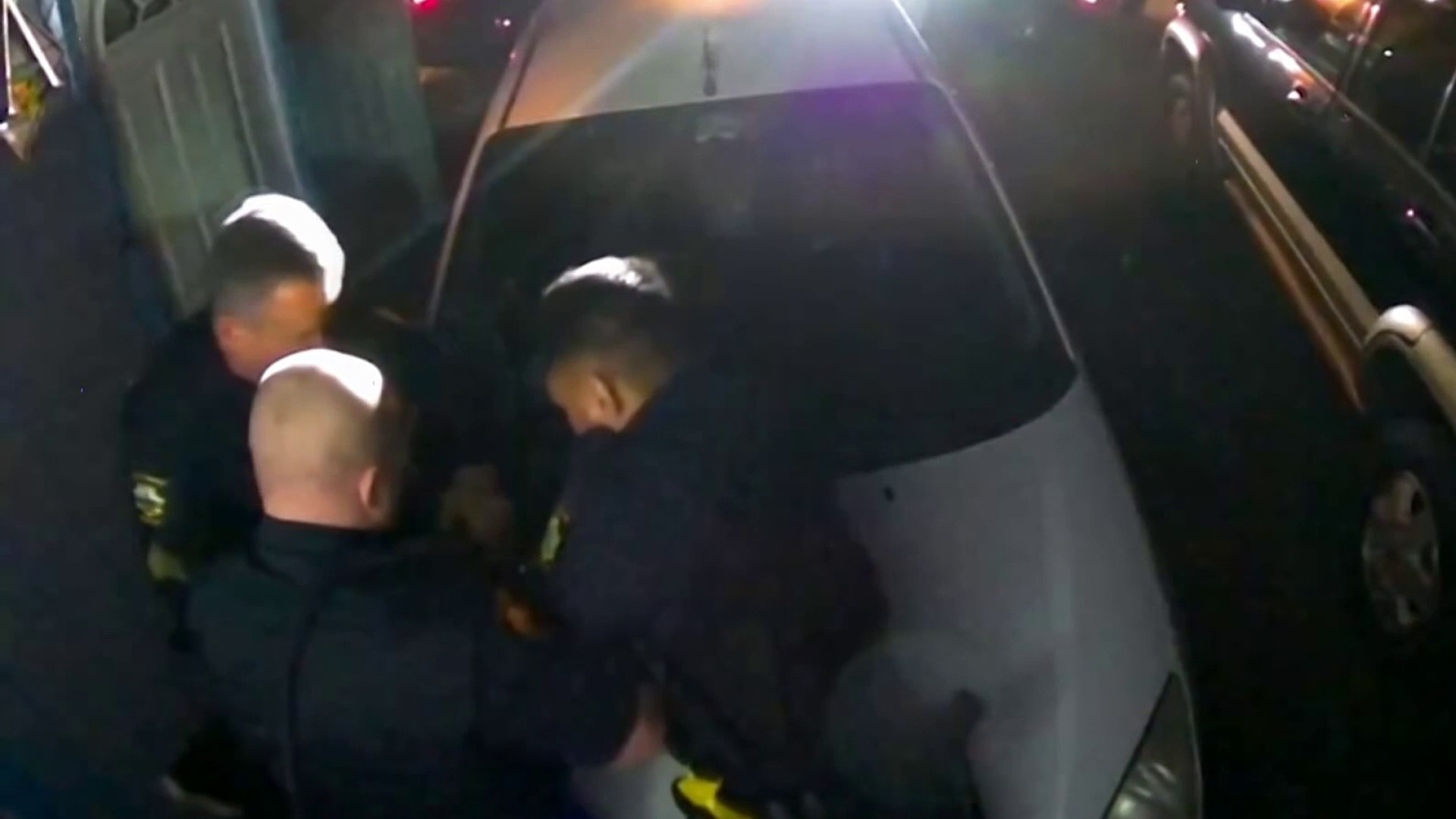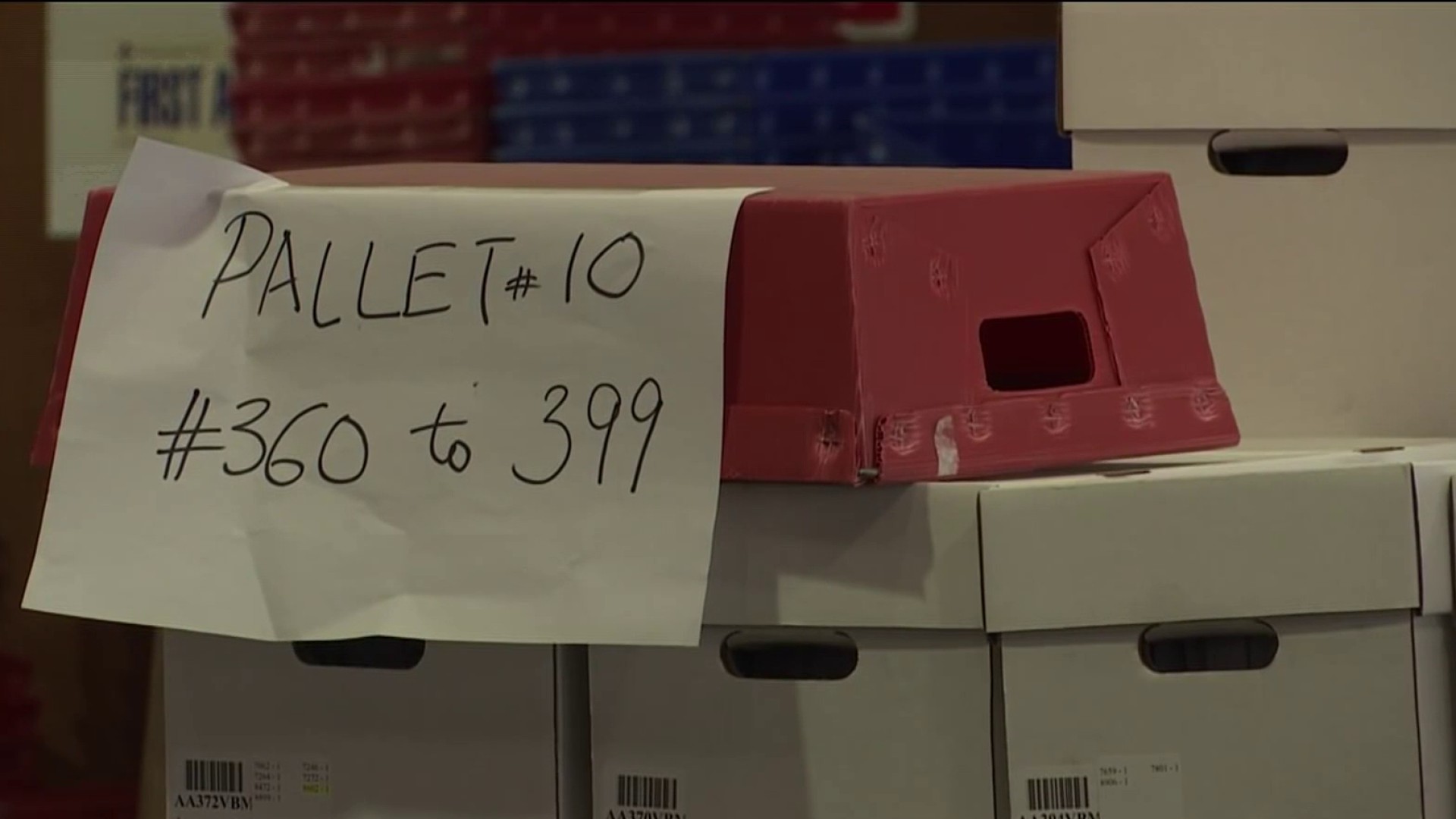SACRAMENTO - The board that oversees California's high-speed rail project approved plans Tuesday that pave the way for the first major sale of voter-approved construction bonds for the project in years, as opponents announced the filing of another lawsuit that could again stall its construction.
The high-speed rail board approved $3.2 billion in funding Tuesday for two segments: $2.6 billion for a 119-mile connector leg from Fresno to Madera and $600 million to electrify a 55-mile stretch of existing Caltrain tracks from San Jose to San Francisco that will eventually connect with high-speed rail. The money is needed so the state meets its obligation to "match" federal funding.
At the public board meeting, though, attorney Stuart Flashman announced he had submitted a new lawsuit challenging the legality of AB1889, a bill rushed through the Legislature last year that changed previous laws to allow high-speed rail bonds to be spent on electrification. That funding use fell outside the scope of what voters approved in Proposition 1A in 2008, Flashman said, and only voters can change it.
The lawsuit submitted Tuesday in Sacramento County Court on behalf of Kings County, the Town of Atherton and several residents, alleges the legislation was unconstitutional, Flashman said.
The constitution says "that when voters approve a bond, if you materially change it, you've got to go back to the voters," Flashman told the board. "We think you should have done that. If you weren't going to go back to the voters, we have."
The legislation by Assemblyman Kevin Mullin, D-South San Francisco, allows rail money to be spent on electrification of a 55-mile corridor of track from south of San Jose to San Francisco. Mullin's policy director, Andrew Zingale, said Tuesday that the legislation was vetted by the Legislature's attorneys and thus was constitutional.
"We do understand that the opponents continue to look for ways to continue to challenge the expenditure of these funds but they've consistently failed in that and the direction of the Legislature has continually been upheld and we feel confident that this will still be upheld," Zingale said.
Local
Mullin's office had previously characterized AB1889 as clarifying legislation that authorized $1.1 billion for transit improvements at both ends of the high-speed rail project to ensure that the money could be spent before high-speed rail was up and running.
Voters approved nearly $10 billion in high-speed rail funding in 2008, but support for the project has since softened. The state treasurer's office initially sold about $1.1 billion in high-speed rail bonds, but the bonds were encumbered for years as the project was tied up in court.
The plaintiffs in the biggest case lost their challenge and opted earlier this year not to appeal, finally freeing up financing for the project.



